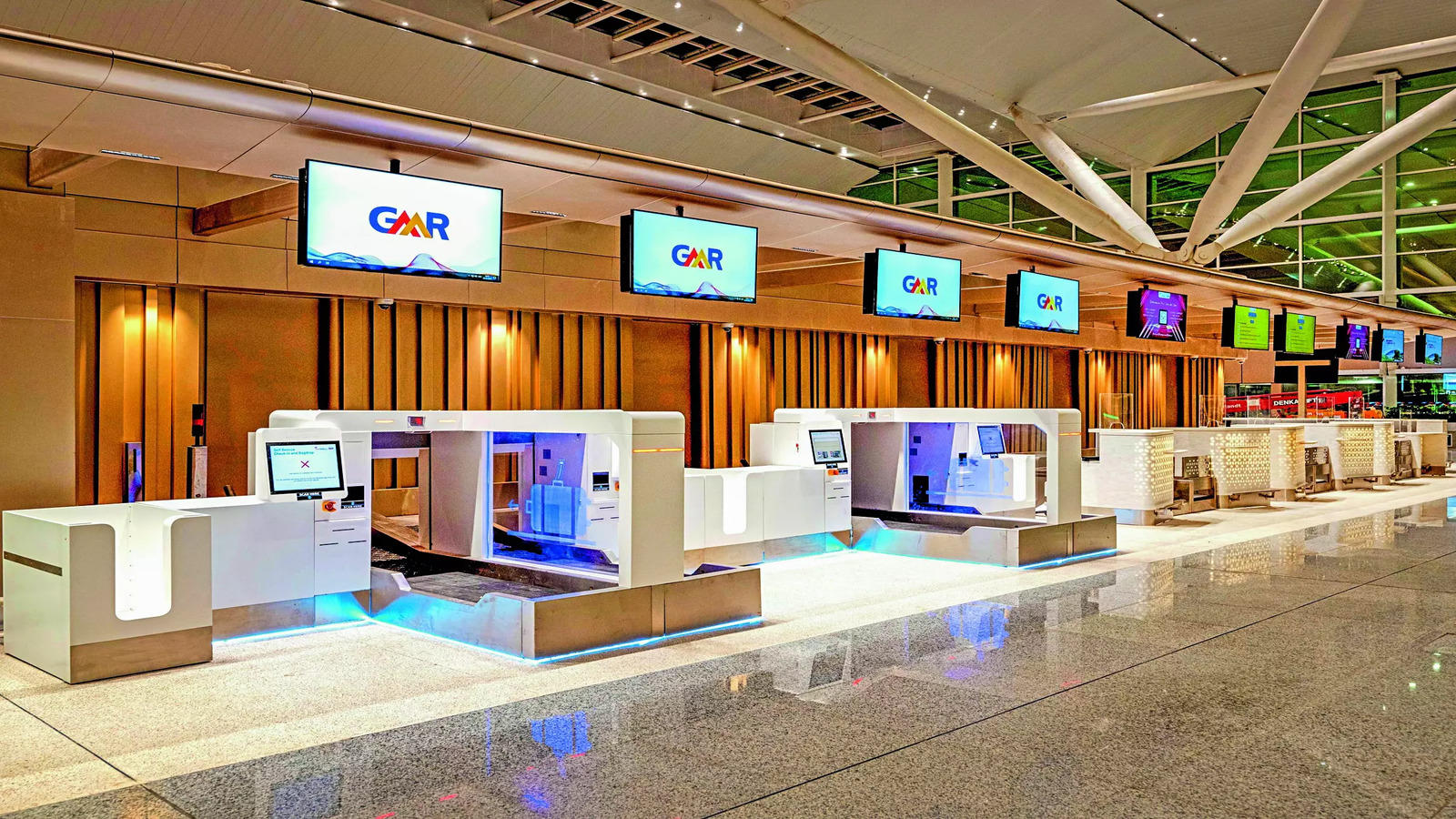GMR Airports has successfully raised ₹1,100 crore in funding from Deutsche Bank through a private placement of non-convertible debentures (NCDs). These bonds, which offer investors a yield of 10.75%, have a tenure extending until February 25, 2028. The funds raised through this issuance are expected to bolster GMR Airports’ financial strategy, allowing the company to raise capital through debt instruments while leveraging private placements to attract institutional investments.
By issuing these NCDs, GMR Airports continues to focus on strategic fundraising initiatives, ensuring that it has the necessary liquidity to support its expansion and operational plans. This move reflects the company’s commitment to infrastructure development, particularly in the aviation sector, where it plays a crucial role in airport management and development.

Funds to be Used for Increasing Stake in Delhi International Airport (DIAL)
The primary objective behind this ₹1,100 crore fundraising is to finance GMR Airports’ acquisition of Fraport AG’s 10% stake in Delhi International Airport Limited (DIAL). In September 2023, the company announced its intention to purchase this stake from German airport operator Fraport AG for $126 million. This acquisition is a strategic move that will help GMR consolidate its ownership in one of India’s busiest and most strategically important airports.
With this transaction, GMR Airports is further strengthening its position in the Indian aviation sector, gaining greater control over the operations and future development plans of Delhi International Airport. As airport infrastructure becomes increasingly vital to the country’s economic growth and global connectivity, GMR’s move to expand its stake aligns with its long-term vision of operational expansion and financial consolidation.
Strategic Shift from Holding Company to Operating Entity
This acquisition also marks a crucial step in GMR Airports’ ongoing business transformation. Traditionally, the company has functioned primarily as a holding entity, managing stakes in various airport projects. However, with this transition, GMR is shifting towards becoming a directly operational entity, managing its businesses more actively.
A key milestone in this transition will be the transfer of Delhi Duty Free’s operations to GMR Airports, scheduled to take effect from August 2025. This shift will allow the company to directly manage airport-related commercial activities, further strengthening its revenue generation capabilities. With a greater emphasis on direct operations, GMR Airports is aiming to enhance its financial performance, optimize efficiency, and expand its presence in airport infrastructure management.
Bond Structure and Credit Rating
The non-convertible debentures (NCDs) issued by GMR Airports have been assigned a BBB+ credit rating with a stable outlook. This rating indicates a moderate level of creditworthiness and financial stability, suggesting that the company has a reasonable capacity to meet its financial obligations.
The NCDs feature a staggered coupon payment structure, meaning that instead of a lump-sum interest payout, investors will receive periodic payments over the tenure of the bonds. The first scheduled payment is set for March 31, 2025, initiating a series of structured payouts for investors. This approach ensures regular cash flow management and allows the company to effectively plan its financial commitments over time.
Deutsche Bank’s Perspective on the Investment
Apoorv Madhup, Head of India Financing at Deutsche Bank, described the transaction as a strategic move for GMR Airports, helping the company consolidate its ownership stake in DIAL. From Deutsche Bank’s perspective, this investment highlights its commitment to India’s infrastructure growth, reinforcing confidence in the country’s expanding airport sector.
India’s aviation sector has witnessed rapid expansion in recent years, with increasing passenger traffic and growing demand for world-class airport infrastructure. By investing in this transaction, Deutsche Bank is positioning itself as a key financial partner in India’s infrastructure development, supporting long-term growth in the aviation industry.
GMR Airports’ Debt Restructuring Efforts
In addition to securing fresh capital through NCDs, GMR Airports has been proactively restructuring its debt to reduce borrowing costs and improve financial efficiency. A significant step in this direction was taken in June 2023, when DIAL refinanced $450 million of high-cost foreign debt by replacing it with domestic bond issuances. This refinancing move was aimed at lowering interest expenses and enhancing liquidity management, making the company’s overall debt structure more sustainable.
As of now, GMR Airports’ consolidated net debt, excluding foreign currency convertible notes, stands at approximately ₹29,700 crore. The company’s debt burden is primarily driven by:
• Ongoing borrowings for the Bhogapuram Airport project, which is expected to be a key infrastructure development.
• Fluctuations in forex rates, impacting dollar-denominated bonds and increasing the cost of servicing foreign debt.
• Capital expenditures related to Delhi airport’s expansion and modernization, requiring significant financial investment.
By actively managing its debt obligations and restructuring loans, GMR Airports aims to improve financial stability, reduce interest costs, and ensure efficient capital utilization for its ongoing and future projects.
₹6,300 Crore Investment from ADIA to Reduce Promoter Debt
Apart from raising funds through NCDs, GMR Group recently secured ₹6,300 crore in investment from Abu Dhabi’s sovereign wealth fund, ADIA (Abu Dhabi Investment Authority). This substantial capital infusion is expected to play a crucial role in reducing debt at the group’s promoter entity, GMR Enterprises.
By leveraging this fresh capital, GMR Group aims to enhance its financial position, improve overall liquidity, and streamline its debt profile. The investment from ADIA aligns with GMR’s broader strategy of financial restructuring, ensuring that its promoter entity remains financially stable and well-positioned for future expansion.
GMR Airports’ ₹1,100 crore fundraising from Deutsche Bank, along with its stake acquisition in DIAL, ongoing debt restructuring, and ₹6,300 crore investment from ADIA, reflect a strategic financial overhaul aimed at consolidating ownership, strengthening liquidity, and optimizing capital structure. As the company transitions into a more operationally active role, these financial moves will play a vital role in shaping its future growth trajectory in India’s rapidly evolving airport infrastructure sector.

